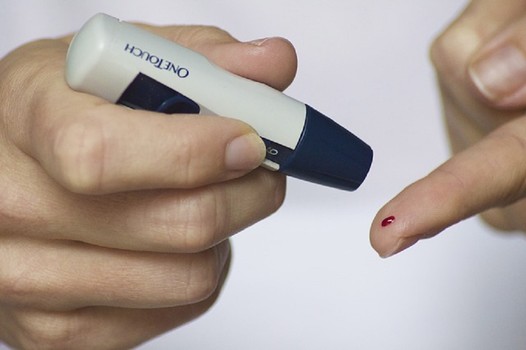Diabetes is a serious health problem which should be treated aggressively in order to lessen the chances of serious complications. Penn State News reported, researchers have observed that a faster heart rate is linked to an increased risk for diabetes. An international team of researchers has suggested that due to the finding of this association heart rate measures may identify people who have a higher future risk of getting diabetes.
This study was done over the course of four years and included 73,357 Chinese adults. It was observed by the researchers that there was a positive association between faster heart rates and an increased risk for the development of diabetes. Associations were also observed with impaired fasting glucose levels and a conversion from impaired fasting glucose levels to actual diabetes.
Xiang Gao, an associate professor of nutritional sciences at Penn State and the study senior author, said that the researchers discovered participants in the study with faster heart rates, which suggests lower automatic function, had an increased risk for diabetes, pre-diabetes, and for conversion from pre-diabetes to diabetes. It was found that for each increase of 10 heart beats per minute there was an association with a 23 percent increased risk for diabetes.
Gao says the results from this study have suggested that a faster heart rate may be a novel pre-clinical marker or risk factor for the development of diabetes. Markers for a disease indicate there is an increased risk of getting the disease, but the markers only show that and they do not cause the disease. In view of the fact that diabetes mellitus is a worldwide epidemic this research is very significant.
This study has been published in the International Journal of Epidemiology. The researchers studied the association which exists between resting heart rate and the risk of developing impaired fasting glucose, diabetes and conversion from impaired fasting glucose to diabetes. It was concluded that faster resting heart rate is associated with an increased risk of developing impaired fasting glucose and diabetes. Therefore heart rate may be able to be used to identify people who have an increased future risk of developing diabetes.















